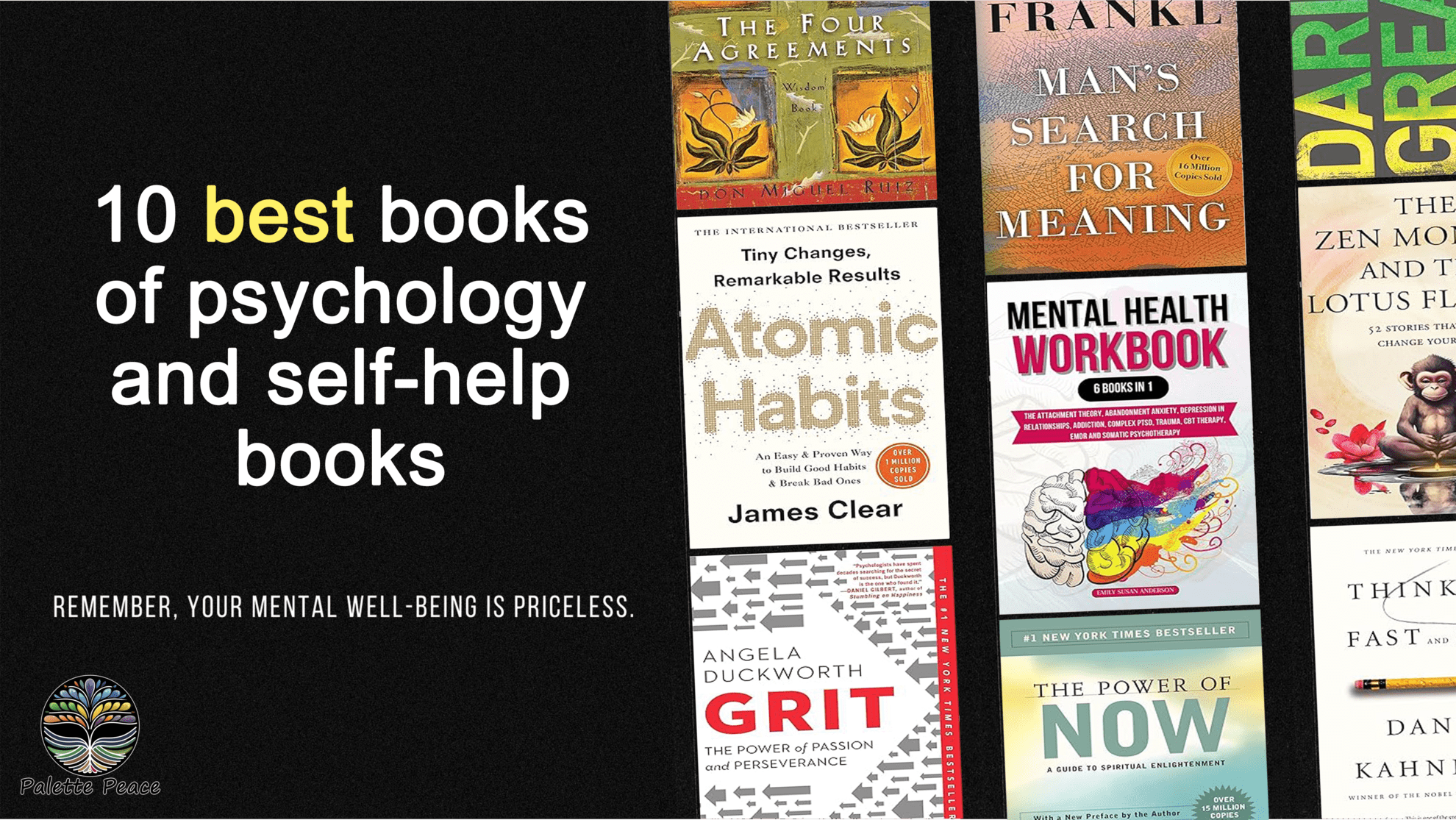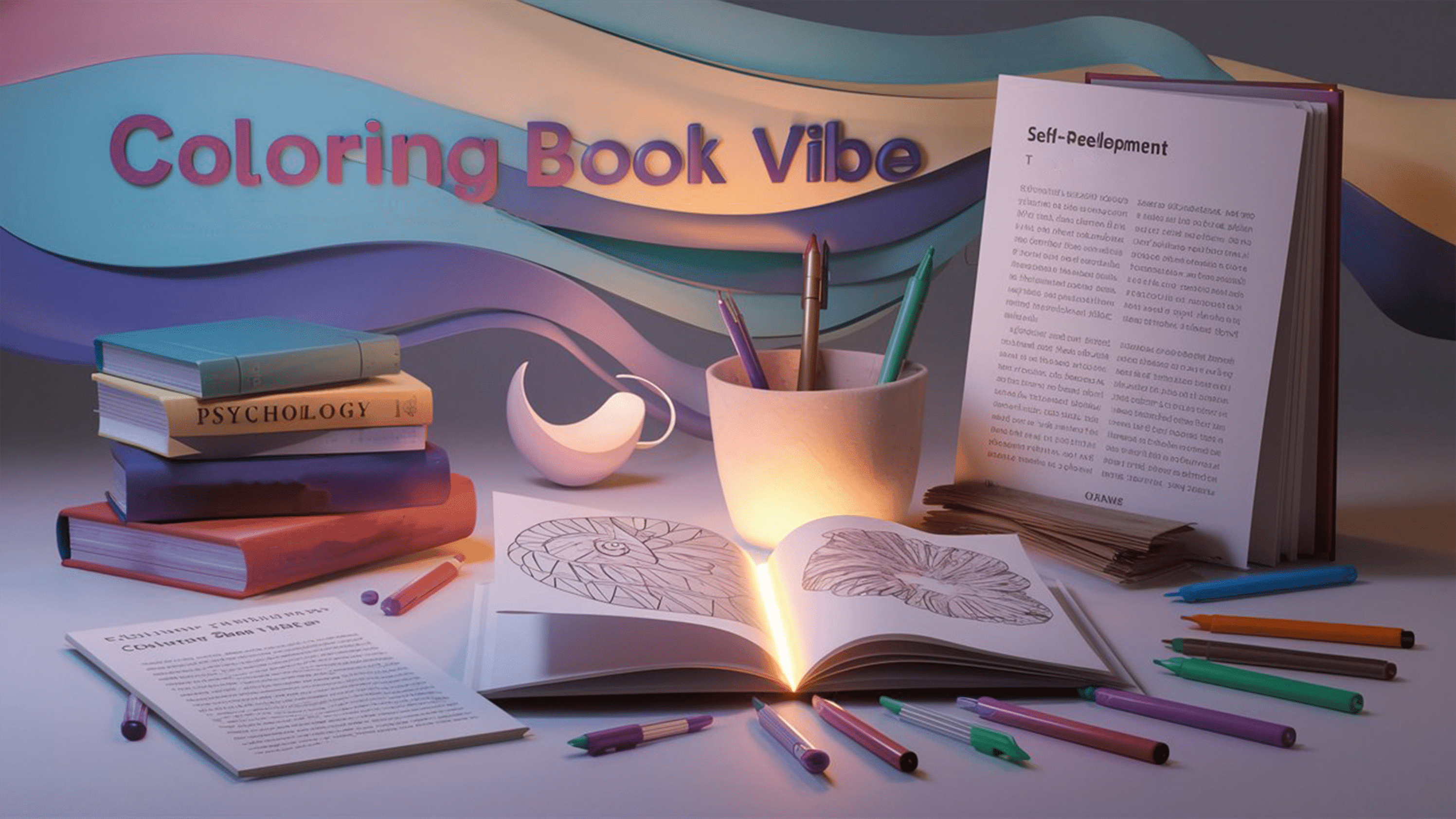Self-acceptance is the foundation upon which true happiness and fulfillment are built. It involves embracing ourselves unconditionally, acknowledging our strengths, weaknesses, flaws, and achievements without judgment. Unlike self-esteem, which can be dependent on external validation, self-acceptance is a deeper, more stable form of self-love. It allows us to be at peace with who we are, regardless of circumstances, leading to lasting happiness and an authentic sense of fulfillment.
In this article, we’ll explore why self-acceptance is critical to long-term happiness, how it impacts mental well-being, and practical steps to develop self-acceptance in daily life.
1. Understanding Self-Acceptance
Self-acceptance is the conscious choice to embrace every part of ourselves—our personality, strengths, quirks, and imperfections. Unlike self-criticism, which highlights what we lack or need to change, self-acceptance acknowledges our wholeness, allowing us to feel at peace.
Self-Acceptance vs. Self-Esteem
While self-esteem is often based on external achievements and approval from others, self-acceptance is a more grounded and enduring trait. Self-acceptance does not require us to meet certain standards or goals to feel valued. It allows us to feel secure and content, even in the face of challenges or imperfections, because our sense of worth is internally rooted.
2. The Role of Self-Acceptance in Mental Health
Self-acceptance is fundamental for mental health, as it reduces anxiety, depression, and self-doubt. Research shows that people with high levels of self-acceptance experience lower stress levels and a greater sense of well-being. Here’s why:
Reduced Anxiety and Perfectionism
Accepting ourselves helps alleviate the pressure to be “perfect.” When we are not constantly striving for an idealized version of ourselves, we experience less stress and anxiety. Self-acceptance reduces the fear of judgment, allowing us to embrace our imperfections and live authentically.
Increased Resilience
Self-acceptance allows us to navigate life’s challenges without questioning our worth. People who accept themselves can approach failure and setbacks with a resilient mindset, viewing them as opportunities for growth rather than personal inadequacies. This resilience contributes to mental toughness and emotional stability.
Enhanced Emotional Well-being
Embracing our true selves fosters inner peace, reducing the mental strain that comes from self-criticism and comparison. When we accept who we are, we no longer have to mask our true selves or hide our vulnerabilities. This authenticity promotes emotional well-being and a more balanced outlook on life.
3. Why Self-Acceptance Leads to Lasting Happiness
Happiness derived from self-acceptance is lasting because it doesn’t rely on external factors like success, approval, or material possessions. Self-acceptance cultivates a stable, inner source of contentment that remains unaffected by the highs and lows of life.
Freedom from Self-Judgment
Self-acceptance frees us from the constant cycle of self-judgment. When we no longer criticize ourselves, we can enjoy the present moment without worrying about living up to certain standards. This acceptance leads to happiness, as we become less concerned with how others perceive us.
Genuine Confidence
True confidence arises from accepting our authentic selves rather than striving to impress others. This confidence is resilient and less likely to waver when we face criticism or setbacks. Self-acceptance fosters a sense of inner worth, allowing us to move through life with a stable sense of self.
Better Relationships
When we accept ourselves, we form healthier relationships. Self-acceptance reduces the need for validation from others, allowing us to connect more deeply and authentically. It enhances our empathy and understanding, creating more positive interactions.
4. Practical Steps to Cultivate Self-Acceptance
Developing self-acceptance is a lifelong process that requires self-awareness, compassion, and intentional practice. Here are some practical steps to help you embrace self-acceptance:
1. Practice Self-Compassion
Self-compassion involves treating ourselves with the same kindness and understanding that we would offer a friend. When we’re compassionate toward ourselves, we’re less likely to engage in harsh self-criticism.
- Acknowledge Your Feelings: When faced with challenges or setbacks, acknowledge your emotions without judgment. Recognize that it’s okay to feel disappointed or frustrated.
- Be Kind to Yourself: Replace negative self-talk with words of encouragement. Instead of saying, “I’m not good enough,” try saying, “I’m doing the best I can, and that’s enough.”
2. Embrace Imperfections
Imperfections are a natural part of being human. Rather than hiding or denying them, embrace them as unique aspects of who you are. This mindset shift reduces the pressure to be flawless and fosters a more relaxed, accepting attitude.
- Shift Your Perspective: View imperfections as opportunities for growth. Recognize that they add depth to your character and make you relatable.
3. Limit Self-Comparison
Constantly comparing ourselves to others can hinder self-acceptance. Instead of focusing on what others have, focus on your unique qualities and achievements.
- Focus on Your Strengths: Make a list of your strengths and accomplishments. Reflect on these regularly to remind yourself of your value.
4. Set Realistic Expectations
Setting unattainable goals can lead to disappointment and self-criticism. Embrace realistic expectations that align with your values and priorities, and celebrate small accomplishments along the way.
- Reframe Success: Instead of defining success by perfection, view it as consistent effort and progress. Recognize that setbacks are a part of growth.
5. Engage in Self-Reflection
Regular self-reflection helps us gain insight into our thoughts, emotions, and behaviors. Journaling, meditation, and mindfulness exercises can deepen self-awareness, helping us better understand and accept ourselves.
- Reflect on Your Progress: Celebrate the steps you’ve taken toward self-acceptance. Regular reflection helps reinforce positive changes and fosters gratitude.
5. The Long-Term Impact of Self-Acceptance
Practicing self-acceptance over time transforms how we approach life. It enhances our ability to experience joy, develop meaningful relationships, and achieve personal growth. By embracing ourselves unconditionally, we cultivate a lasting sense of fulfillment that isn’t dependent on external factors.
Strengthened Resilience
Self-acceptance makes us resilient to life’s ups and downs. We develop a stable foundation of self-worth, allowing us to handle challenges without feeling defeated. This resilience creates a life filled with meaning and strength.
Sustainable Happiness
When we derive happiness from self-acceptance, we free ourselves from the need for external validation. Happiness rooted in self-acceptance is lasting, as it isn’t influenced by external achievements, material possessions, or others’ opinions.
Authenticity and Inner Peace
Self-acceptance allows us to live authentically, aligning our actions with our values. We no longer feel pressured to conform to societal standards, which fosters inner peace and contentment.
Daily Habits to Strengthen Self-Acceptance
Incorporating self-acceptance into daily life involves simple, consistent practices. Here are some habits to foster self-acceptance:
1. Daily Affirmations
Positive affirmations can reinforce self-acceptance by reminding us of our inherent worth. Choose affirmations that resonate with you, and repeat them each day.
- Examples:
- “I am worthy of love and acceptance just as I am.”
- “I embrace my imperfections as part of my journey.”
- “I am at peace with who I am today.”
2. Gratitude Practice
Gratitude shifts our focus from what we lack to what we have. Practicing gratitude helps us appreciate ourselves and our journey.
- Gratitude Journaling: Write down three things you appreciate about yourself daily. This habit cultivates self-love and encourages self-acceptance.
3. Mindful Self-Care
Self-care nurtures our physical and emotional well-being, reinforcing our value. Whether it’s through exercise, meditation, or relaxation, mindful self-care allows us to appreciate ourselves.
- Prioritize Self-Care: Incorporate activities that help you connect with yourself, like yoga, journaling, or spending time in nature.
Conclusion
Self-acceptance is the foundation of lasting happiness and fulfillment. By embracing our true selves, we cultivate inner peace, resilience, and a stable sense of self-worth. Unlike fleeting happiness derived from external achievements, self-acceptance leads to a deep, enduring contentment that empowers us to live authentically and joyfully. Practicing self-acceptance is a journey that requires patience, but it’s one that leads to true fulfillment and happiness.

10 best books of psychology and self-help books
If you’re looking to dive into the world of psychology and self-help, these 10 books are essential reads for anyone interested in understanding the mind and improving their life. These books offer a combination of scientific insight and practical advice to help you better understand yourself and others, while also offering tools for personal growth and mental well-being.

The Therapeutic Power of Coloring: How Art Relieves Stress and Anxiety
Coloring has evolved from a childhood pastime into a therapeutic tool used by adults to combat stress and anxiety. The simplicity of this activity hides its profound benefits on mental health. From promoting mindfulness to stimulating creativity, coloring has emerged as an accessible and effective method for stress relief. In this article, we’ll explore how coloring provides a break from daily stressors, its effects on brain function, and how it can be incorporated into your routine as a method of coping with anxiety.
Let your imagination run free, Immerse yourself in a world of colors and beauty. Remember, your mental well-being is priceless.
Team coloringbookvibe.com

Coloring Book Vibe is a dedicated publisher of captivating coloring books, along with instructional books on drawing and coloring techniques. We are deeply passionate about the art of coloring, ensuring our designs are always intricate, beautiful, unique, and often infused with a touch of humor. We highly value our customers and always welcome feedback and suggestions. Our collection features an incredible array of coloring books across various genres, including Fantasy, Animals, Mandalas, Doodle Patterns, Floral, Landscapes, Country Scenes, and more.



